Scientific Name: Geochelone Elegans
Size: 6-120cm
Lifespan: 50-100 years
Primary Colour: Grey, black, brown, yellow, green
Difficulty of Keeping: Easy
Optimum Water Environment Temperature: 70-90 Farenheit
What do they eat? Herbivore
Eggs or Live birth: Egg baring
Are they kept in captivity? Yes, they make very good pets for young children and exotic species enthusiasts
Similar Pet Lizards: crested gecko, uromastyx, chinese water dragon.
Cost: Ranges from £50-£1000
Normal Weight: 0.1kg-300kg
Lifestyle: Solitary
Conservation: Endangered
Do Tortoises Make Good Pets?
Yes absolutely, tortoises make great pets! They have a long life span and are very easy to care for. Another bonus is they do not need walking or much exercise they just need the basics of food and water!
They may not always be the best pet for children as they don’t ike to be cuddled, however with good knowledge these reptiles are fun to have around and love basking in fresh air and the sunshine.
So, is a tortoise a reptile? Yes, they are classed as small reptiles which are part of the Testudine family. They can grow to quite a large size dpendent on the species.
The hardest part of tortoise care is gathering equipment. Ideally housing a tortoise would require a fairly large area where a small water area can be added and a large basking point.
Further into this post we will discuss what is exactly need for tortoise housing…
Coming in different sizes, colours and species means there is a tortoise to fit most people’s budget.
If you are new to reptiles or tortoises, we recommend the Mediterranean Spur-thighed tortoises, as they are normally the smaller out of the different tortoise species, more active and love to interact with their owner. We would recommend these for the junior reptile enthusiasts!
How Big Do Tortoises Get?
This varies between different species but on average they can grow up to 120cm or 47 inches
If you are looking for a smaller species then the Mediterranean Spur-thighed tortoises are perfect!
However if you prefer the bigger of the species we would recommend the African Spur-thighed tortoise or the Leopard tortoise as these can grow between a whopping 40kg-105kg!
For more details on tortoise sizing please visit our species fact sheets
Lifespan Of A Tortoise
If you are a pet owner who can’t bear the thought of that inenvitable day then a tortoise may just be the pet for you!
How long do tortoises live for? There has known to be tortoises who have lived up to 150 years old, obviously ensuring health, the correct environment and eating habbits encoruages this long lifespan.
But why do tortoises live for so long? This is mainly to do with science, evolution and genetics.
Over time animal researches have learned that the larger animals tend to live alot longer, however, tortoises have the added benefit of their hardended and sturdy shell and the fact they have natural protection from predators in the wild.
A normal tortoises lifespan in the wild is around 100-150 years whereas in captivity this decreases by 20-35% as some only live 80-100 years.
Tortoise Fun Fact: The oldest tortoise to live was Tu’i Malila, who according to the Guinness World Records lived until the healthy age of 189 and died in 1965.
Tortoise Terrarium
As with any other exotic species the enclosure should try to mimic their natural habitat.
Bathing Your Tortoise
One of the main things your tortoise will need is access to shallow water, as they do enjoy swimming. The water bath should be maintained at a temperature of 35 degrees celsius especially for hatchlings.
Tortoise key facts:
- Do not add detergents to your tortoises water as this can damage their protective shell and clog up their pores
Bedding For Your Tortoise
Substrate is also important for your tortoise, it is important to use a substrate that does not create too much moisture as this will lead to fungal growth and a trip to see the vet.
Choosing the type of substrate will depend on the type of species your tortoise is, here we will list the common substrates along with some example species.
Sand- Alot of tortoise owners will use this as it is the closest thing to minic a natural environment.
However, we would not recommend sand as from past experience of working with tortoises I have seen many experience oroblems due to eating the sand.
Sterilised Soil- I highly reccommend this as the soil is “sterilised”, meaning it is treated to kill fungal or bacterial infections that can occur due to too much moisture.
It’s normal quite cheap and readily available. Online you can pick up a large 10L bag for under £20.
Wood Chip– Again I would reccommend this substrate, they come in a wide variety of sizes and help to insulate your tortoises house.
Again these are fairly cheap and available, a huge advantage to wood chip is that larger sizes can be washed and reused which is cost effective. However, keepers must be carely as constant reuse can introduce bacteria and fungi.
How Often Will I Need To Deep Clean?
That is entirely dependent on how much your tortoise poops!
My reccommendation would be to deep clean your enclosure every 2-3 weeks, spot cleaning every couple of days just hel to maintain a clean environment.
How Much Substrate Should I Use?
A natural behaviour of a tortoise is to burrow so its highly important to ensure there is enough substrate for them to do this.
Around 2-3 inches dpeneding on the depth of your tortoise should be enough.
Does My Tortoise Need UV Light?
Yes, absolutely. This is probably the most important piece of equipment needed in the tortoise terranium.
Without UV light your tortoise cannot metabolise calcium which is important for shell growth.
The required UV light is D3 T5 12% lamp. Usually these lamps last for around 18 months however you should really use a solar meter to ensure it is producing enough UV so your tortoise stays healthy!
What Is The Temperature My Tortoise Needs?
Always ensure environmental temperatures range from 70-90 Farenheit.
A thermastat is needed to ensure these temrpatures are maintained at all times, other than a UV light this is probably the most important piece of equipment needed in your tortoise terranium.
A thermostat is a vital and useful piece of kit that allows you to set a specific temperature and keep it consistent throughout the day.
Will My Tortoise Need Somewhere To Hide?
Simple answer, yes.
Like most other pets your tortoise will want a little bit of privacy to shut down from the outside world, afterall they are solitary animals.
Hard plastic boxes can be used as hideouts, these can be covered with leaves or substrate to make your tortoise feel more comfortable.
What Does A Tortoise Eat?
Tortoises are herbivores which means they eat a plant based diet, herbivores can only survive on a plant based diet due to the nutritional content needed for them to survive and grow.
As there are lots of different tortoise breeds food requirements cannot really be generalised, however we can group the most common species and their requirements for you.
- Mediterranean Spur Thigh Tortoises (Greek Tortoises)
- Hermann’s Tortoise
- Marginated Tortoise
- Russian Tortoises (Horsfields tortoise)
- North American Desert Tortoise
Within their normal habitat these tortoises are surrounded by shrubs and weeds which form the majority of their diet in the wild.
For any tortoise keeper the foods you should be mainly looking to buy can be found in most supermarkets or even your garden.
Fresh salad, spinach, rocket, lettuce and kale are nutrious mixtures and something your tortoise would much appreciate.
Additionally, wild leaves found in your garden or local nature reserve can be just as nutrious.
Examples of these are:
- Dandelion
- Flowers
- Shrubs
- Tree Leaves
- Weeds
- Seeds
Please ensure when foraging in your garden or nature reserve that fertilisers have not been added to the area- this can cause severe health complications for your tortoise.
What Treats Can I Add To My Tortoises Food?
We all like to treat our pets, and we can do the same with our tortoise!
Treats and additional extras should always be given in moderation and rarely. We would reccomend steering clear of citrus and high sugar treats though.
Sugary treats can be harmful to your tortoise as this can upset the bacteria in the digestive tract, leading to parasitic infections.
We recommend these treats in moderation:
- Cauliflower
- Peppers
- Butternut Squash (The turtles i’ve worked with love this!)
- Strawberries
- Mangos
- Grapes
- Melon
Important to know: The large shell protecting your tortoise is made from calcium and other vitamins and minerals, so this can grow and maintain strength your tortoise will need UV light.
Calcium is an additional must for your tortoises diet, this comes in the form of poweder and is recommended to be sprinkled onto the food three times per week.
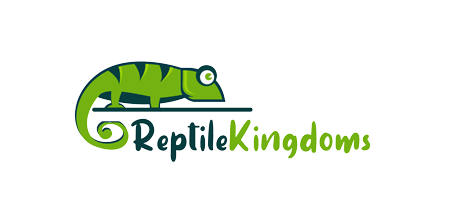
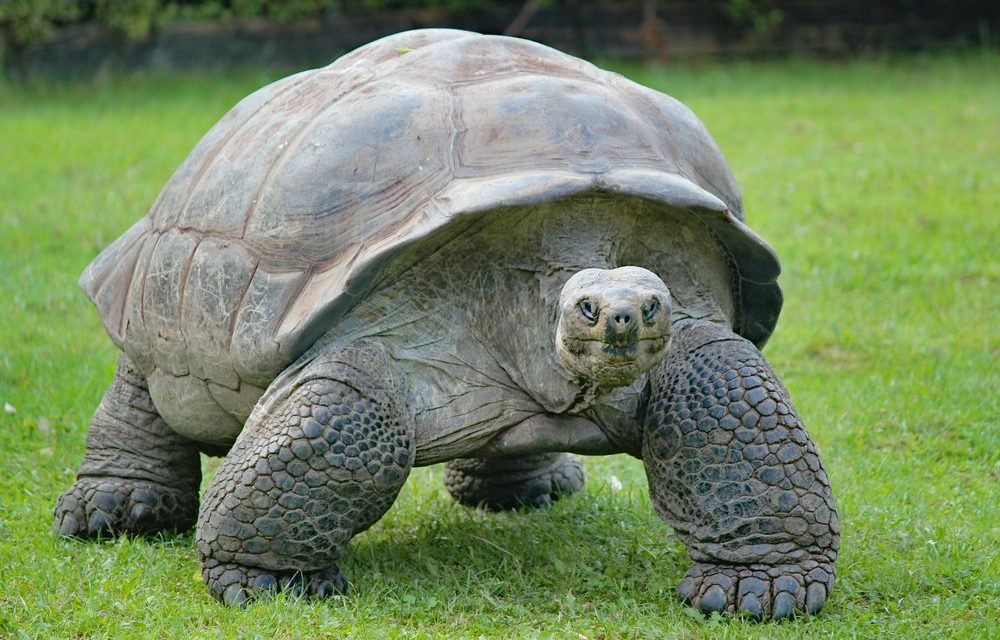
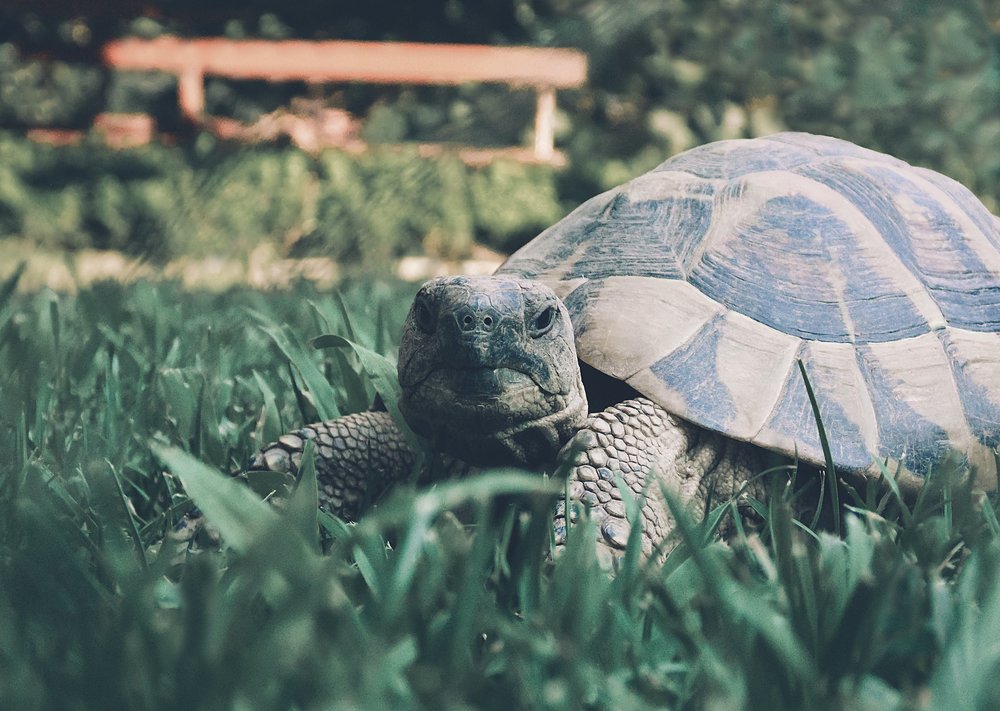
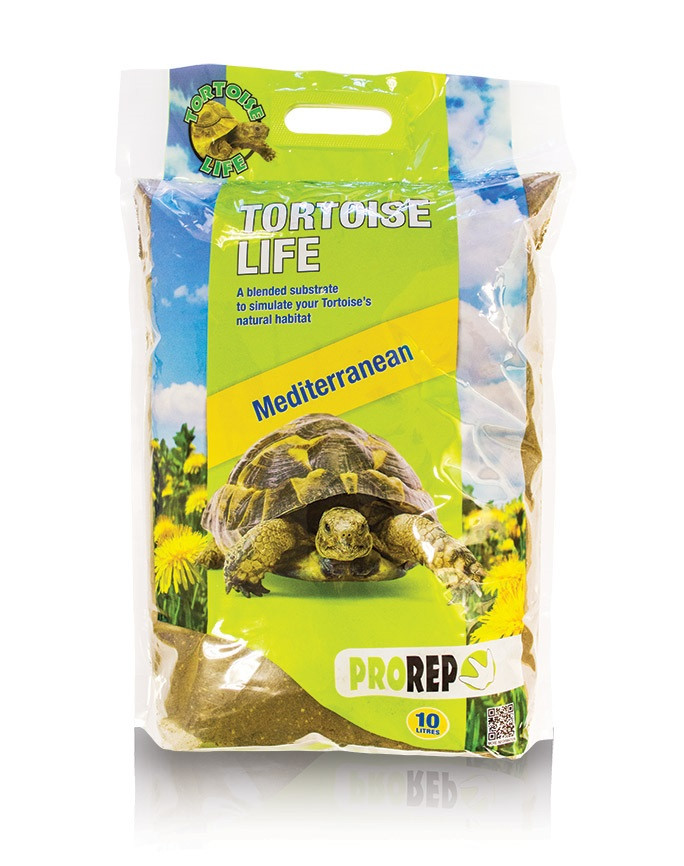
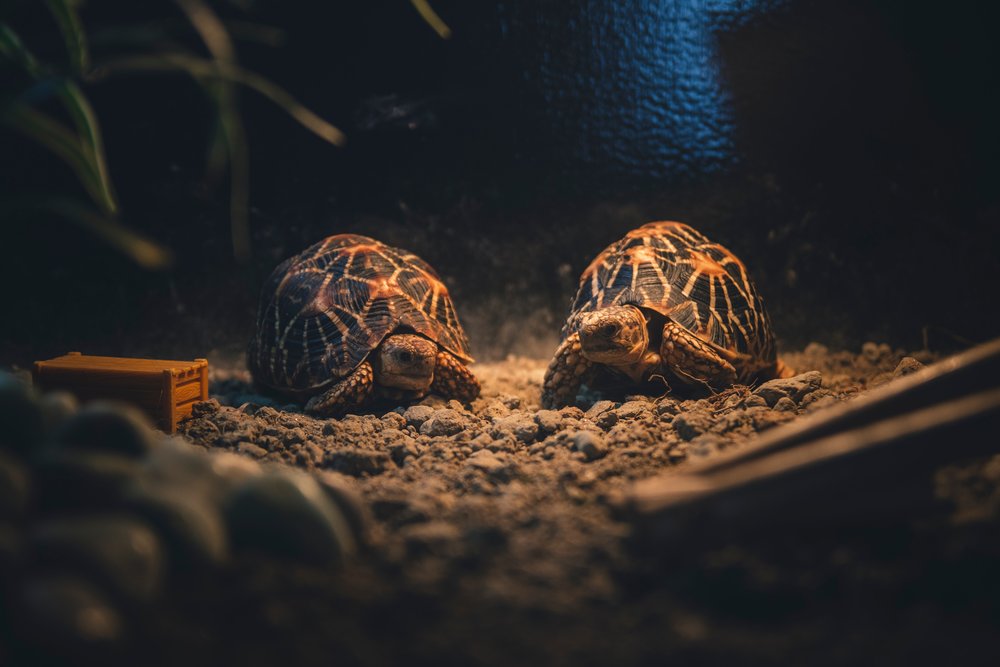
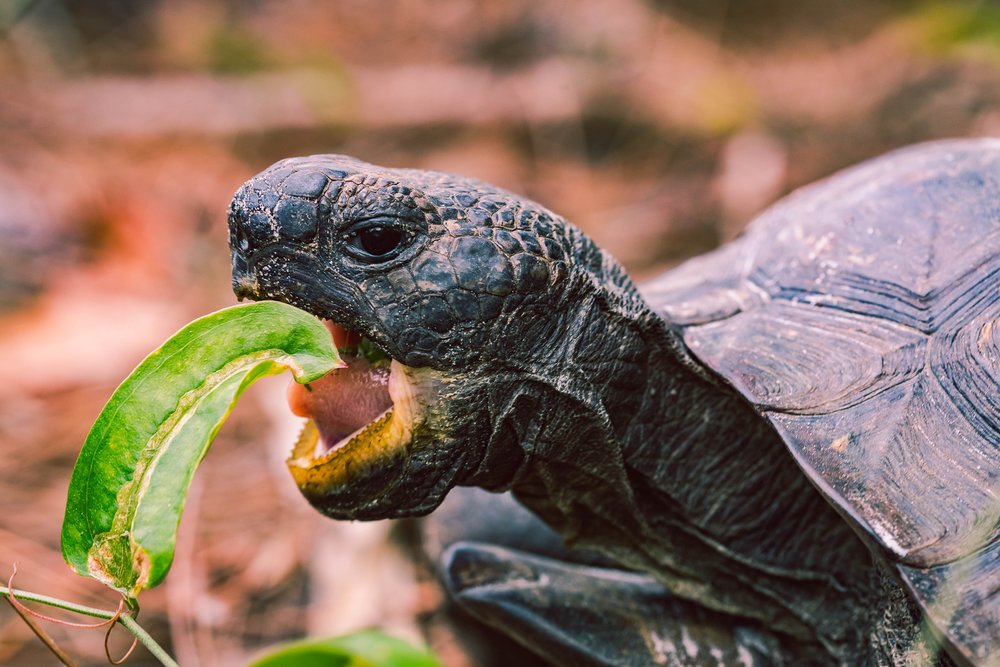
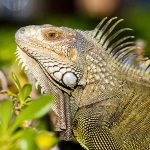
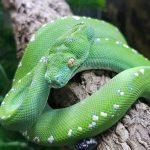
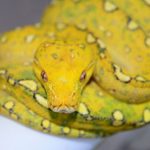

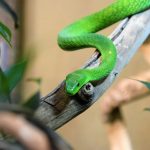
Hello, all the time i used to check web site posts here in the early hours in the dawn, since i love to learn more and more.
Hurrah! At last I got a weblog from where I be able to actually
take valuable data concerning my study and knowledge.
Everyone loves what you guys are up too. This sort of clever work
and coverage! Keep up the terrific works guys